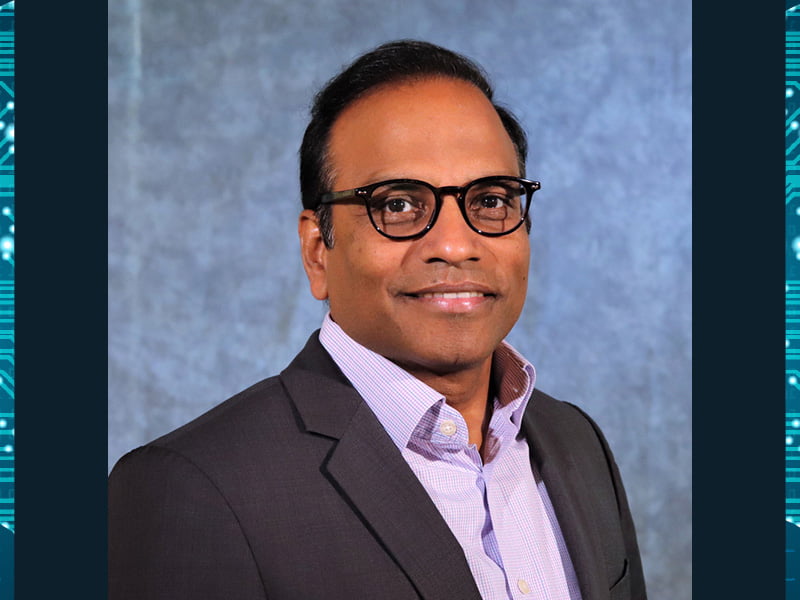Australia is on the brink of a profound remapping of the human experience as consumers propel a reversal in the flow of innovation.
Traditionally originating top-down from the military and defence sectors, innovation now emanates from the consumer sphere, with consumer preference feedback driving new ideas and developments. This shift has reshaped retail industries and extends its impact on the public sector.
With more than 1.3 million people employed across the $411.5 billion retail sector, which accounts for 9.7 per cent of the total workforce, it is clear that retailers hold significant trust from customers. Eight of Australia’s top 10 most trusted brands come from the retail sector.
This trust is a testament to retailers’ vital role in our society, serving as the primary source of food and goods and influencing resources.
Consequently, the Australian government is increasingly adopting digital technologies to better serve and interface with citizens, further fueling the remapping of our collective human experience.
This shift is imperative as the APAC region finds itself at a crossroads, grappling with the disruptive forces of technology and the challenges of talent, diversity, and sustainability.

In pursuing personalised experiences, the challenge lies in striking the right balance between personalisation and standardisation. While consumers crave customised services, the government must ensure consistency, fairness, and equal access for all citizens.
Through this balance, individuals access reliable and efficient services encompassing travel, healthcare access, welfare programs, and public safety.
However, personalisation is equally essential, as citizens expect tailored experiences that cater to their unique needs. Integrating AI and advanced analytics helps navigate this tension, enabling the government to deliver personalised services while maintaining standardised processes.
“We have digitised the human world, and now we are working on humanising the digital world,” Infosys global vice president of Business Applications & Digital Workspaces Lax Gopisetty said during an InnovationAus.com podcast, Leveraging digital technology for a unified human-centric approach in retail.
The remapping of the human experience in Australia extends to various industries, including beauty and cosmetics, where the human touch still matters in experiential retail, including the way products are recommended and experienced.
AI algorithms can analyse skin tones and compositions to provide personalised recommendations, suggesting the most suitable cosmetic products.
“However, the ultimate decision of how to use these products to achieve specific beauty objectives remains in the hands of humans,” Mr Gopisetty said. Intuition-based and context-driven decision-making, coupled with the quest for perfection, underscores the importance of human involvement.
Furthermore, AI can assist customers in the retail value chain by guiding them through the aisles, highlighting product locations, and suggesting complementary and urgent items. The interplay between technology and human judgment ensures a seamless and enriched beauty shopping experience.
As the public sector undergoes transformation, talent acquisition and retention become paramount. The “skill collar” concept, coined by Mr Gopisetty, has gained prominence, emphasising the need for employees with relevant and up-to-date skills to thrive in this changing landscape.
However, the current labour market also faces the “great resignation” phenomenon, where employees reevaluate their career choices and seek more fulfilling work opportunities, often in hybrid office environments.
Addressing the talent shortage in the public sector becomes paramount amidst the challenges of digital transformation, industry regulations, and geopolitical tensions. Moreover, this effort positively impacts marginalized communities, including over one billion people with disabilities across the globe.
Digital technologies are a powerful equaliser, opening new avenues for enhanced inclusion. An accessible digital presence ensures that individuals of all abilities can utilize products and services and access information, regardless of their impairments.
Talent acquisition, finding the people with the ‘right skills’, was governed in the past by urbanisation, aiming to consolidate talent pools and workforces in specific cities or regions.
However, with the digital world enabling remote work and distributed operations, the focus shifts from people’s mobility to regulating work mobility. The new focus is determining where work can occur and the restrictions on cross-border data flow, intellectual capabilities, and GDP.
Whiles skills are desperately needed to fuel the human remapping experience, a significant challenge emerges: The speed of innovation outpaces the ability to learn and acquire the necessary talent, which may eventually slow adoption rates.
Mr Gopisetty believes innovation will repurpose for a more significant social impact once this inflection point arrives.
This shift will involve addressing critical societal issues such as climate technologies, agriculture technologies, healthcare, and more. The role of technology will extend beyond catering solely to consumer demands and become instrumental in resolving significant societal challenges, including sustainability and the push towards broader diversity, equity and inclusion in the region.
As enterprises navigate this landscape, they must also grapple with the complexities of industry transformation, emerging technologies, and evolving regulatory frameworks.
Mr Gopisetty emphasises how the regulatory framework is evolving to address the human remapping process, which covers intellectual property rights, data privacy rules, and the movement of work and intellectual capabilities across borders.
The increasing stringency of data privacy regulations signifies the need to control and protect the cross-border flow of data, including personal identifiable information and sensitive data. New laws reflect the growing recognition of safeguarding individuals’ privacy and ensuring data security in an interconnected digital landscape, including Industry 4.0 and 5.0.
“The right balance between innovation, cross-border operations, and public trust is critical to successfully engineering the human remapping experience,” Mr Gopisetty said.
The next few years will see the convergence of retail innovations in customer experience (CX), employee experience (EX), and operational efficiency (OX) inside governmental agencies. Co-creation tools like Microsoft 365 Copilot point to new digital workspaces where humans use AI-powered tools to drive superior decision-making in consumer-focused environments.
Building this human-centric culture in the public sector will motivate similar future private-sector innovation.
This article was produced by InnovationAus.com in partnership with Infosys.
Do you know more? Contact James Riley via Email.
